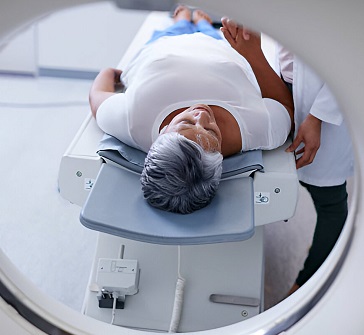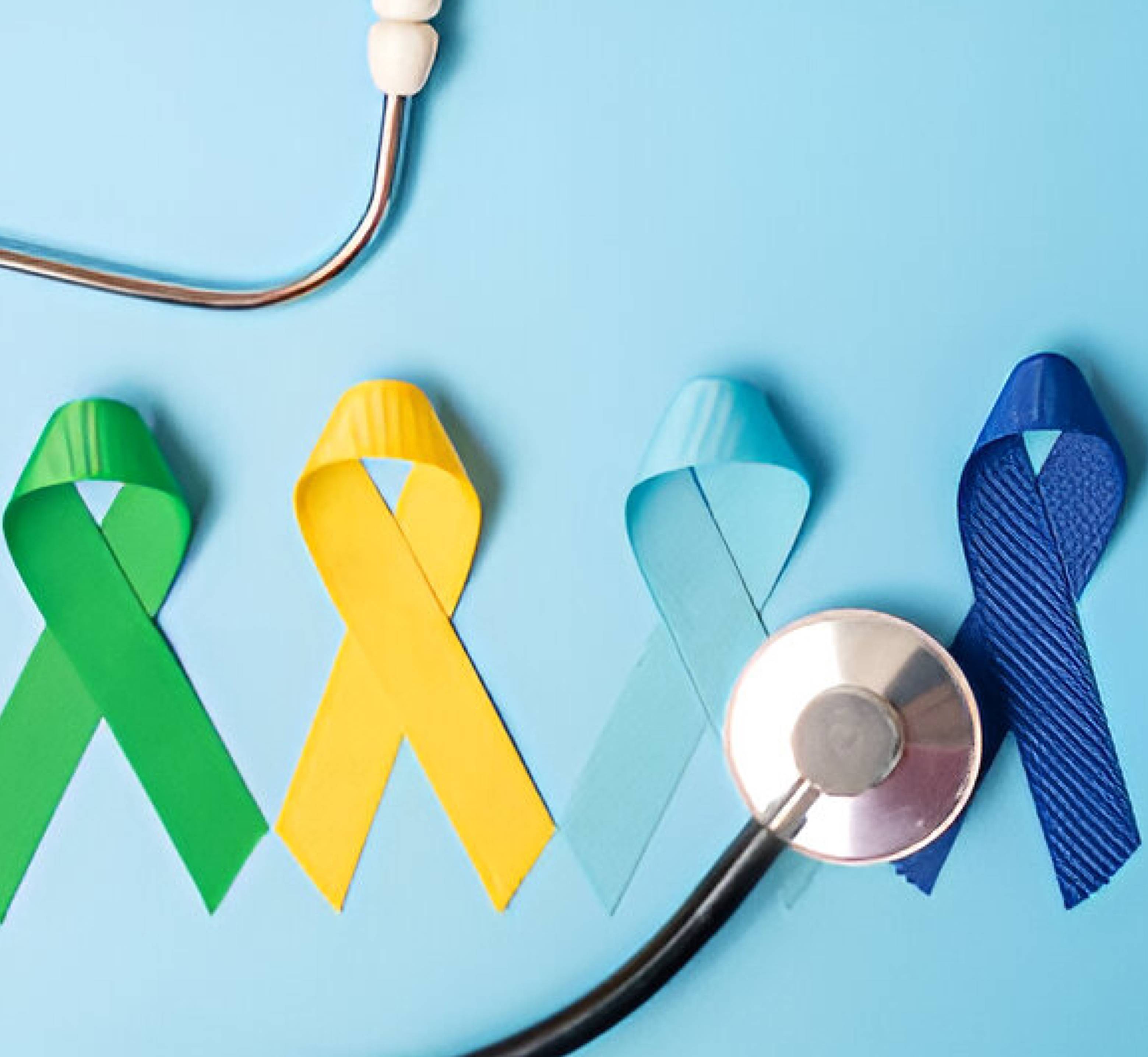 Book Appt.
Book Appt.
 Call Now
Call Now


Kaposi sarcoma (KS) is a rare form of cancer that develops from cells that line blood vessels or lymphatic vessels. It was first described by Dr. Moritz Kaposi in the late 19th century, and it gained prominence during the early years of the AIDS epidemic when it was identified as an AIDS-defining illness. While less common today due to improved HIV/AIDS treatment, Kaposi sarcoma still poses a significant health concern, especially in certain populations. Understanding its causes, different types, symptoms, and treatment options is crucial for effective management and care.
Types of Kaposi Sarcoma:
There are several types of Kaposi sarcoma, each with distinct characteristics:
Causes and Risk Factors:
The primary cause of Kaposi sarcoma is infection with the human herpesvirus 8 (HHV-8), also known as Kaposi sarcoma-associated herpesvirus (KSHV). This virus is transmitted through various routes, including sexual contact, blood transfusions, and from mother to child during childbirth. It is important to note that not everyone infected with HHV-8 will develop Kaposi sarcoma, as other factors, such as a weakened immune system, play a role in its development.
Symptoms of Kaposi Sarcoma:
The symptoms of Kaposi sarcoma vary depending on the type and extent of the disease. Common signs and symptoms include:
Diagnosis and Staging:
Treatment Options:
The approach to treating Kaposi sarcoma depends on factors like type, extent, and individual health. Common treatment options include:
In conclusion, Kaposi sarcoma is a rare but potentially serious form of cancer, especially in certain populations. Early detection and appropriate treatment are crucial for improving outcomes. By working closely with healthcare professionals and utilizing a combination of treatment modalities, individuals with Kaposi sarcoma can receive the best possible care and support throughout their journey.
SHALBY Sanar International Hospitals provides extensive medical procedures backed up with our state-of-the-art technology and a team of highly qualified & experienced clinical experts.

Grade 2 Endometrium Cancer | Ms. Robiyakhon | Uzbekistan | Dr. Archit Pandit | SHALBY Sanar

Male Breast Cancer Recovery Story | Dr. Archit Pandit | Cameroon | SHALBY Sanar

Ms. Nafisa’s Inspiring Breast Cancer Recovery | Dr. Archit Pandit | Uzbekistan | SHALBY Sanar International Hospitals

Stage4 colon cancer is curable - Colon cancer with liver metastasis | Kenya | Dr Archit Pandit

Patient from Kenya Treated by Dr. Archit Pandit | SHALBY Sanar International Hospitals

Double Cancer Victory: Mrs. Salma Kapoor's Inspiring Recovery Story | Dr. Archit Pandit

Patient from Uzbekistan Treated by Dr. Archit Pandit | SHALBY Sanar International Hospitals

Patient from Uzbekistan Treated by Dr. Archit Pandit | SHALBY Sanar International Hospitals

Successful Carcinoma Buccal Mucosa Surgery of a Patient from Nigeria by Dr. Archit Pandit

Successful Colon Cancer Surgery of Mr. Faraidun Kaka Bra Amin Amin's from Iraq | Dr Archit Pandit

Miraculous Recovery of a patient from Uzbekistan battling Ovarian Cancer | Dr. Archit Pandit

Successful Cancer Detection & Surgery by Dr. Archit Pandit | SHALBY SHALBY Sanar International Hospitals

Successful Colon Cancer Treatment of a patient from Iraq by Dr Archit Pandit | Surgical Oncology

Successful Glottis Mass & Carcinoma Vocal Cord Treatment of a patient from Iraq by Dr Archit Pandit

Successful Stage 4 Colon Cancer Treatment of a patient from Kenya by Dr Archit Pandit

Surviving the Odds: 56-Year-Old's Journey with Recurrent Carcinoma Vocal Cord | Dr. Archit Pandit

Surviving Recto-Sigmoid Cancer: Mr. Syamand Ahmed's Inspiring Journey

Success Story: Iraqi Patient's Liver Tumour Treatment at SHALBY Sanar International Hospitals

Cytoreductive Surgery Success: Iraqi Patient's 30cm Ovarian Tumor Removed Safely

Beating Liver Cancer: Mr. Abdirashid's Inspiring Story

Ms. Nejood's Success Over Pancreatic Cancer: A Remarkable Journey

Transforming Smiles: Revolutionary Buccal Commando Procedure

Wide Local Excision Surgery & Microvascular Reconstruction of a Cancer patient

Successful Surgery of Esophgeal Cancer

Successful Lung Cancer Surgery of Ms. Jerioth Wanjiru from Kenya

Para Thyroidectomy on Pt Jawad Kadhim Tweli from Iraq

Dr Archit Pandit discusses the fascinating case of Geeta Rani
Our doctors pen down their research findings and experiences from time to time. Their words provide deep insight into the latest techniques, technologies and other advancements in healthcare. It provides expert answers to all kinds of health questions for real-life issues.
VIEW ALL




Since the day of its foundation, SHALBY Sanar International Hospitals is committed to provide comprehensive healthcare services. It regularly organizes awareness programs in its premises and encourages outdoor healthcare activities and camps with an intent to put focus on preventive healthcare.
VIEW ALL